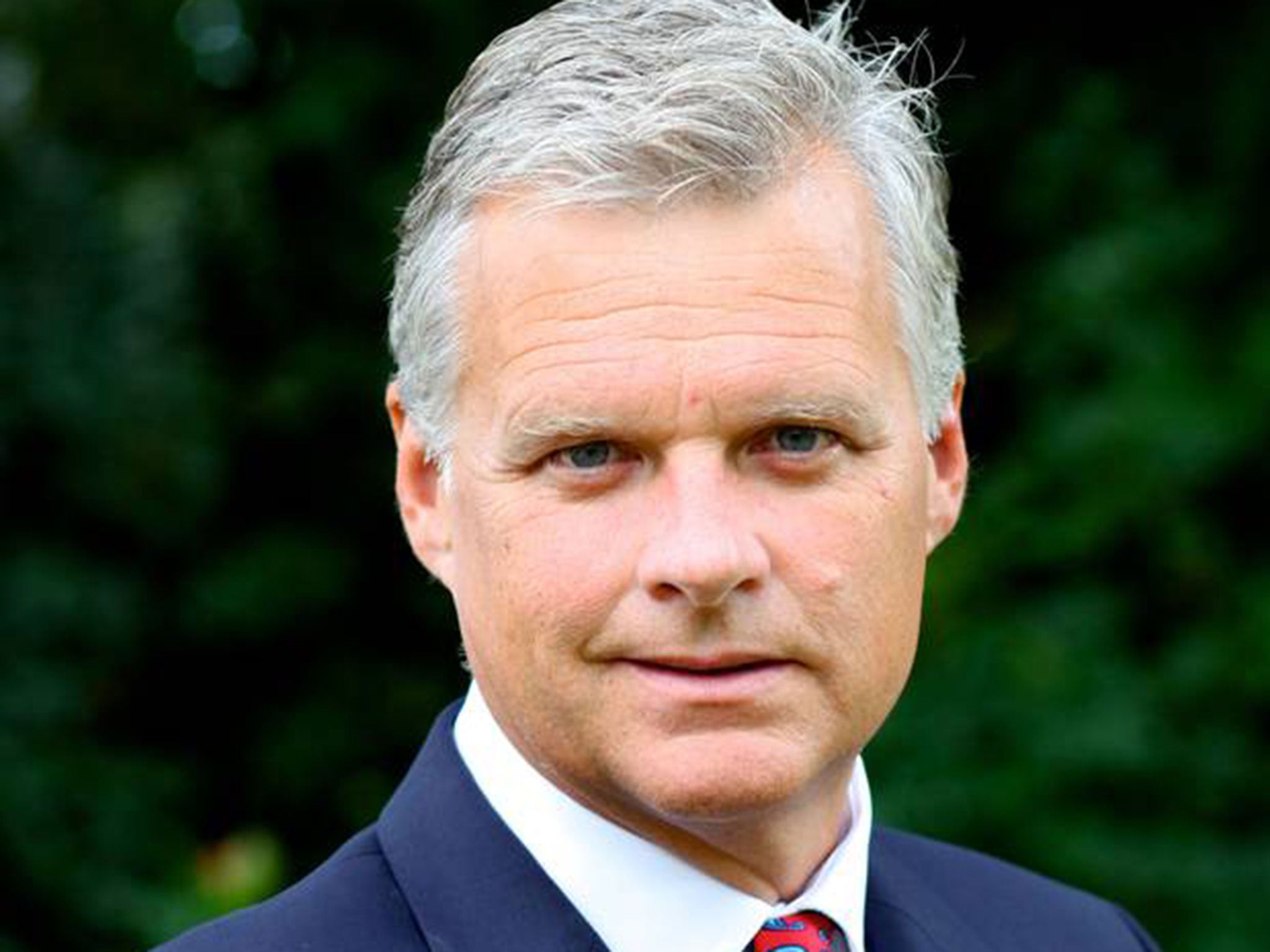New Network Rail boss Mark Carne hits train delay en route to grilling by politicians over high costs
Mr Carne said that last year 1.6 billion people travelled by rail in Britain, double the number that travelled during 1995-6

Network Rail’s incoming chief executive has conceded that his organisation’s costs are too high, and has vowed to reduce them.
Mark Carne, who has taken over from Sir David Higgins, was making his first appearance in front of the Transport Select Committee. He said: “Ticket prices are a major concern for passengers. Our costs are a major part of that and we need to drive them down.”
On his way to his grilling by politicians, Mr Carne encountered the sort of problems every commuter faces: “I had to stand on a train this morning because it was delayed. The lack of capacity we have on the railway today creates a very unacceptable experience.”
Mr Carne said that last year 1.6 billion people travelled by rail in Britain. The last time that number of passengers was achieved was in the 1920s. Passenger numbers hit a low of 750m in 1995-96. “In the last 18 years, that has more than doubled.”
He said that changing lifestyle patterns had drastically altered train use: “Trains which used to leave Waterloo at 11pm with three people on board are now absolutely packed.”
Passengers will have to get used to significant station shut-downs for engineering works, such as last year’s six-week closure of Nottingham station. “Stop-start working in the middle of the night is very inefficient,” he said.
Mr Carne said that his first priority was safety, but that reliability is also a concern. “We know that we didn’t do enough in CP4 [Control Period 4, from 2009-14] to deliver the reliability passengers expect,” he said,
“We didn’t make the improvements in the underlying reliability that we said we would.”
He said train operating companies are responsible for about a third of delays, but added: “There are many conflicts built into the timetable.”
“There are a million more trains running on the railway than 10 years ago. When you do have a problem, the back-up of that problem is much, much greater and it takes you longer to recover.”
Subscribe to Independent Premium to bookmark this article
Want to bookmark your favourite articles and stories to read or reference later? Start your Independent Premium subscription today.

Join our commenting forum
Join thought-provoking conversations, follow other Independent readers and see their replies